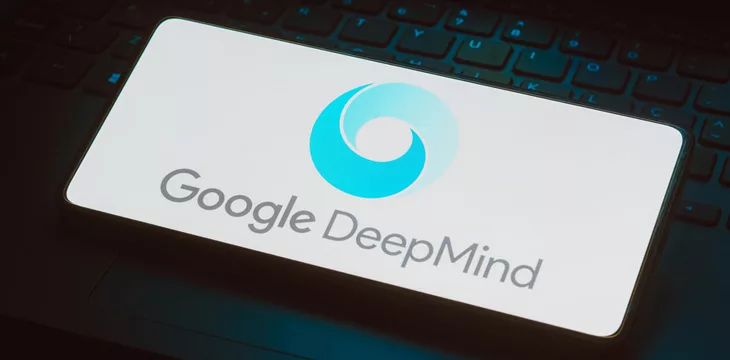|
Getting your Trinity Audio player ready...
|
Google DeepMind has announced the design of a new artificial intelligence (AI) model, designed to solve geometry problems with the same capabilities as a human Olympiad gold medalist.
The new AI model, AlphaGeometry, solves complex geometry challenges with a test of 30 Olympiad problems. Drawing inspiration from ancient Greece, the International Mathematical Olympiad features talented high school mathematicians solving math problems within a time limit.
Google (NASDAQ: GOOGL) DeepMind’s model solved 25 out of 30 problems to surpass the previous AI attempt. Before AlphaGeometry, previous models only managed to solve 10 challenges, underscoring the difficulty of AI systems in demonstrating proficiency at solving geometry problems.
AI systems typically struggle with geometry due to the absence of training data and an inherent deficiency of logical and reasoning skills. To solve the gaping challenge, Google DeepMind turned to a neural language model and a deduction engine to improve the problem-solving skills of its models, supplemented by 100 million synthetic data examples.
The end result is a system capable of training itself to solve complex problems in a split strategy. The neural language model offers fast ideas that may be incorrect, but including a deduction engine provides a rational pathway to arriving at solutions.
“AlphaGeometry’s language model guides its symbolic deduction engine towards likely solutions to geometry problems,” according to the tech giant. “These clues help fill in the gaps and allow the symbolic engine to make further deductions about the diagram and close in on the solution.”
In the end, experts say the combination of two systems has yielded impressive results, going on to provide human-readable output rather than relying on “tedious algebra calculations.”
“AlphaGeometry’s output is impressive because it’s both verifiable and clean,” said former Olympiad gold-medalist Evan Chen. “It uses classical geometry rules with angles and similar triangles just as students do.”
DeepMind goes down the AI rabbit hole
Google DeepMind has thrown its weight behind AI and innovation with emerging technologies, unveiling a streak of models with impressive capabilities. In late 2023, the team launched an AI model capable of generating millions of new materials by predicting their structures.
In another study, the team proposed a new method to improve the capabilities of large language models (LLMs) by linking them with existing models, using its new Composition to Augment Language Model (CALM).
Other projects include the race to roll out invisible watermarks for AI-generated images, a weather prediction model, and studies mimicking the human ability to learn new skill sets.
In order for artificial intelligence (AI) to work right within the law and thrive in the face of growing challenges, it needs to integrate an enterprise blockchain system that ensures data input quality and ownership—allowing it to keep data safe while also guaranteeing the immutability of data. Check out CoinGeek’s coverage on this emerging tech to learn more why Enterprise blockchain will be the backbone of AI.
Watch: Turning AI into ROI

 02-24-2026
02-24-2026 




